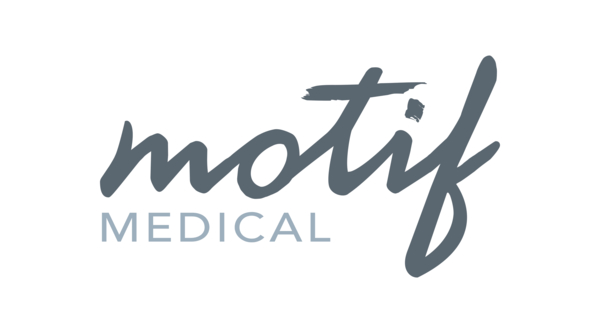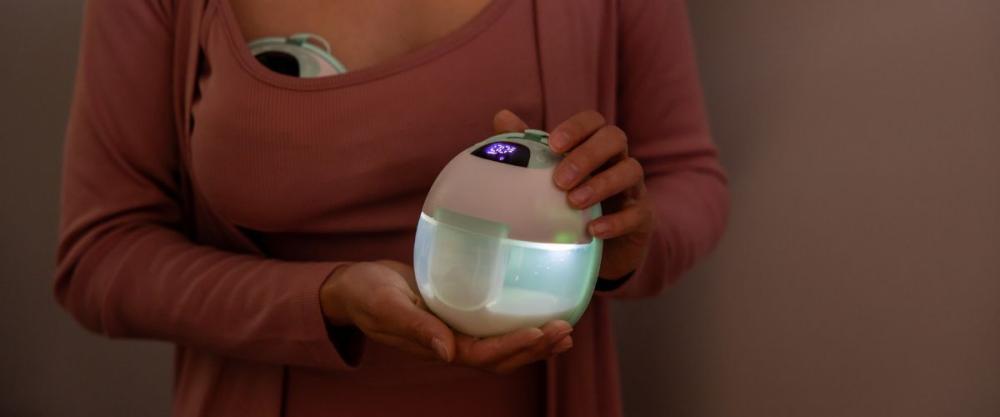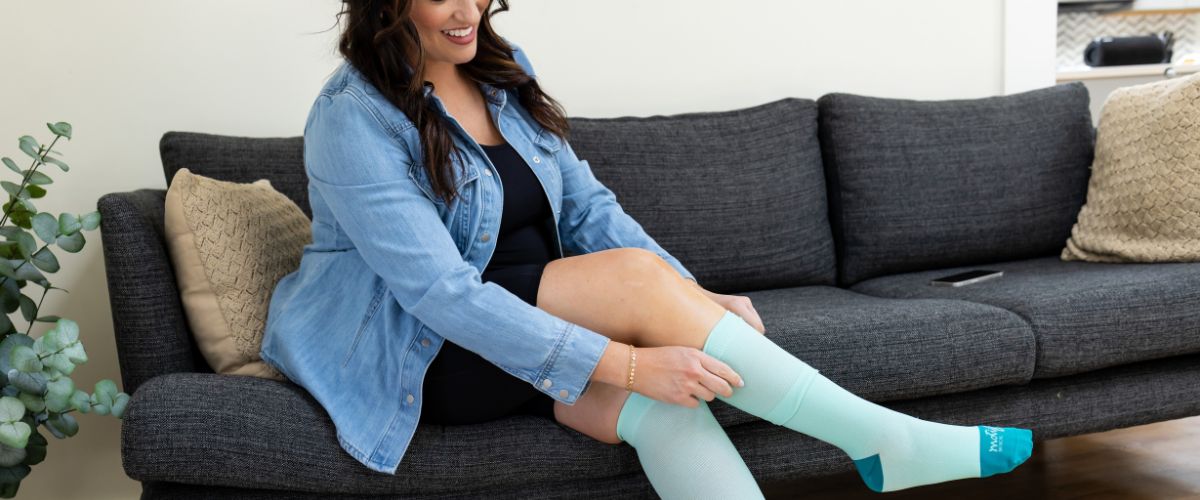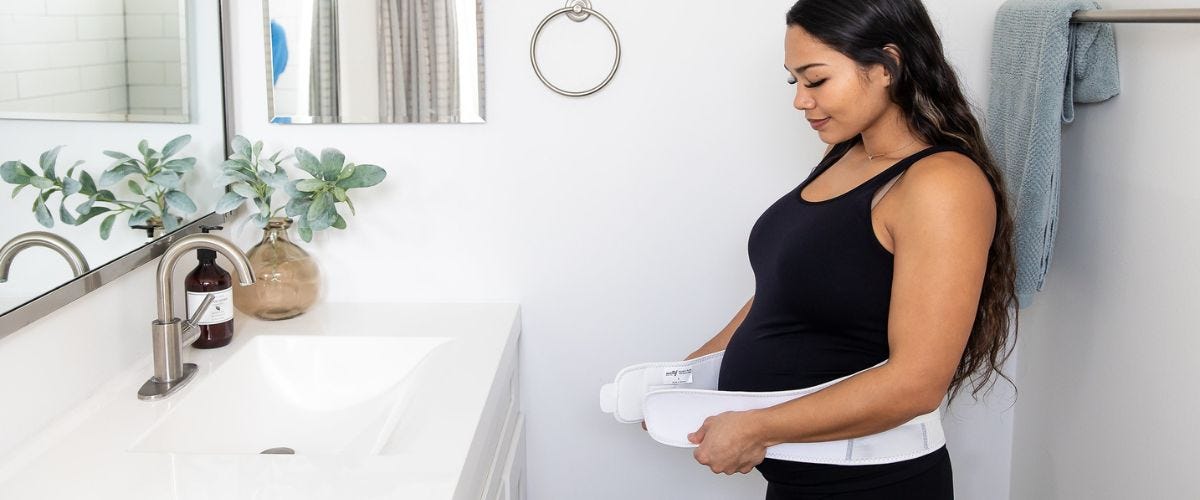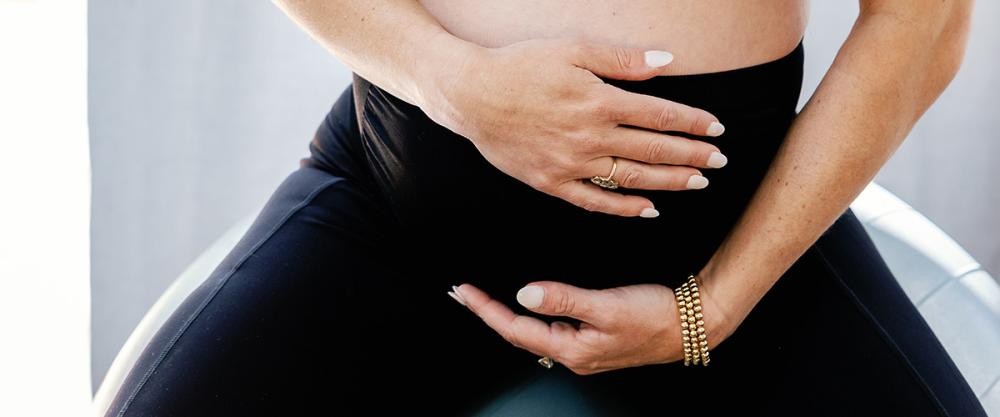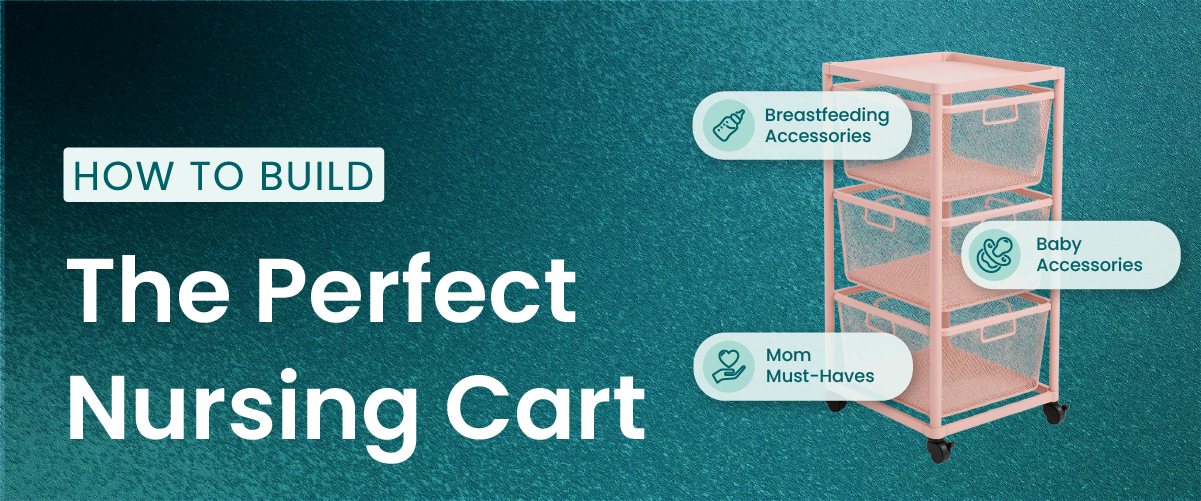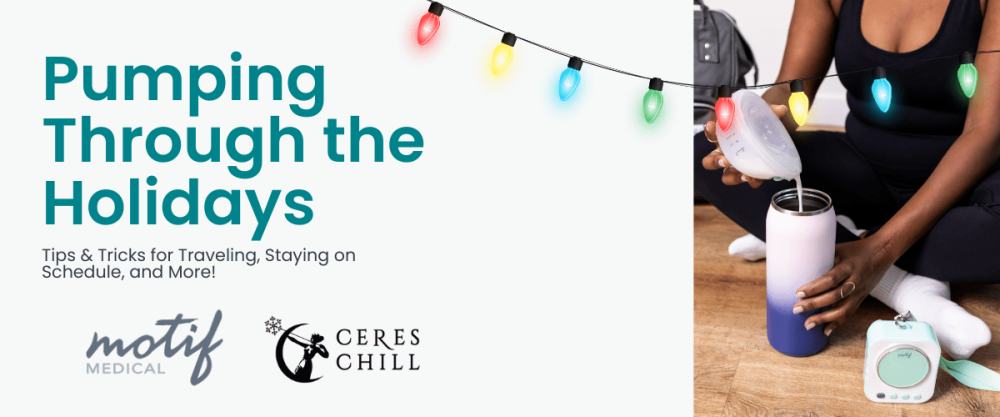How Long is the Postpartum Period?
The medical definition of “postpartum” is the first six weeks after you give birth. But talk to anyone who has had a baby before and they will tell you that the postpartum period is much longer than that! This time after birth has also recently been referred to as “the fourth trimester,” which would imply that it is actually about 12 weeks long since each trimester is about 12 weeks. But the reality for many new mothers is that the postpartum lasts for about 12 months after giving birth. During this time, your body is healing, replenishing, and recovering from birth AND from the 9 months of pregnancy. Let’s talk about ways you can support your body and mental health during this recovery process.
Plan Ahead Your Postpartum Recovery
As you journey through pregnancy and get closer to meeting your new baby for the first time, don’t forget to educate yourself about postpartum recovery. You don’t want to wait until you’re in the thick of postpartum to learn about what to expect, what’s normal, who’s on your postpartum support team, and when to call your provider. Knowledge really is power in this scenario and it’s hard to take in new information when you’re running low on sleep.


In the same way that your prenatal concerns are different from what comes up in other times of life, the 4th trimester is also filled with its own unique situations, some of which can be stressful if you don’t know what to expect. We’ll cover some of the main points in this article, but I also recommend talking to your provider or reading a book that specifically discusses postpartum recovery.
Postpartum Products
The next step for planning ahead is to make sure that you have all of the essential products that you will need for your physical recovery. You can create your own little postpartum care kit or have your friends and family help you put it together. You’ll definitely want to include absorbent pads (my clients really like adult diapers for this, even though it sounds weird!), a perineal spray bottle and perineal sprays or herbal baths if you’re planning a vaginal birth, a postpartum recovery garment (like Motif Medical’s), and nursing bras and nipple balm if you’re going to breastfeed.
Feeding Stations
A lot of your postpartum recovery time will be spent feeding your little one—they often eat every 2 to 3 hours! Setting up a couple of “baby feeding stations” in the locations where you plan to feed your baby can help you stay nourished and comfortable as you heal. Make sure you have a comfortable place to sit with plenty of pillows or a nursing pillow to help you support your baby without exhausting your arms. Each location should have snacks and water accessible to you because it is so normal to start feeding baby and then think, “I’m STARVING!” or feel like you haven’t had anything to drink all day. But once the baby is eating, you may not want to get up! Think of this as your command center—everything should be within arms reach.
Support System
Finally, talk to your support team and come up with a game plan. This should include everything from questions about how to contact your healthcare provider with concerns about your physical recovery to who you’re going to call if you feel overwhelmed. If you have any particular worries about the 4th trimester talk about it ahead of time with your support team. Write down the numbers of those you will call for different situations including your little one’s pediatrician, a lactation consultant, a postpartum doula, or anyone else who will be part of your support system. Save these numbers in a note on your phone. While it may sound simple right now, it can be hard to come up with that information when you have a lack of sleep or are in a stressful situation.
Your game plan should also include your postpartum boundaries. Many people, especially family members, want to help after you give birth, but sometimes their well-wishes make your recovery harder. Let others know ahead of time that you will not be entertaining after the baby is born, but you would welcome any help they want to provide with household chores and errands. If delegating tasks is uncomfortable for you, you can make a “Helper To Do” list to hang in your home and only put the chores you would want others to do for you. Things like taking out the trash or bringing in the mail are simple, easy and so helpful in the postpartum!
Understanding Postpartum Nutrition
In order for your physical recovery to go smoothly, you need to nourish your body. Pregnancy is considered a nutrient-depleting state, so your body not only needs nutrients and minerals to heal your muscles and tissues, but it also needs nutrients to rebuild the stores in your body. If you’re breastfeeding you also need to nourish yourself so that your baby is nourished! So eating well in the postpartum is not only important for your own lifelong health but also for your baby! While many new moms are drawn to comfort foods, digestion really matters at this stage because your body can only take in the nutrients that it is able to absorb! This means that it’s best to stay away from carb-heavy foods and stick to warm soups and broths, roasted veggie bowls with quinoa or rice, oatmeal, stews, etc. In general, you’ll want cooked foods, not raw foods for your postpartum recovery.
Nutritonal Support from Your Community
Part of planning ahead for postpartum should include creating a meal plan—and by that, I mean how others are going to make sure you’re fed well or how you’re going to stay nourished with minimal effort. This can include having a friend set up a meal train for you or precooking meals and freezing them for you to eat later.
Either way works well, but make it part of your plan that you won’t have to spend any time in the kitchen for at least the first 2 weeks postpartum and ideally the first 4 weeks.
Essential Postpartum Nutrients
There are some specific nutrients that you’ll want to incorporate into your postpartum foods.
Iron is the first and is important for a healthy recovery and adequate milk supply. Bleeding is a normal part of childbirth and it continues for a few weeks after delivery, so really focus on those iron-rich foods like animal proteins, beans, lentils, and quinoa are perfect foods to include.
Magnesium is necessary in over 300 biological processes in our body and it is essential for your physical and emotional recovery after birth. Beans, cashews, quinoa, and peanuts are good sources of magnesium.
Vitamin D is next on the list. Our bodies make this best with sunlight so try to be in the sunshine for 20 minutes a day. Sunlight is also good for your baby and morning sunlight also helps the body regulate its circadian rhythm. Low levels of vitamin D are associated with depression, fatigue, and impaired wound healing so aim to incorporate foods like mushrooms, salmon, and dairy products into your meals and snacks.
Omega 3s also help with fatigue and are essential for a baby’s brain development. Eggs, seafood, nuts, and seeds are your best bet for this nutrient!
Choline is the last nutrient I’m going to highlight. You may have heard of its importance during pregnancy, but you need to keep focusing on it in the postpartum. Mung beans, beef liver, chickpeas, and lentils are good foods to include for choline.
Prioritizing Time for Yourself
Importance of Sleep
Sleep is the most important part of the self-care you need to do for your postpartum physical recovery. Your body does the majority of its healing when you sleep and it’s also necessary for brain function and emotional regulation. Sleep deprivation is a real thing and can contribute to postpartum depression (PPD)and anxiety. However, it’s also really complicated to get good sleep during postpartum! Use your network of people to help you get sleep when you need it. I’m sure you’ve heard it before, but if sleep is difficult to come by in the postpartum then you need to nap when the baby naps. Everything else will still be there and doesn’t matter as much as your physical and emotional well-being. I’ll also add, that it is ok to let someone you trust hold your baby so you can nap.
20 Minutes of Essential Self-Care
Maybe my most important tip for postpartum recovery is this: find a way that you can have 20 minutes to yourself every day. And taking a shower doesn’t count—that’s just basic hygiene! Twenty minutes where you can practice self-care and do whatever task that makes you, YOU.


It could be sketching, praying, journaling, meditating, listening to music or just soaking in the sunshine. Prioritize twenty minutes when someone else is wholly responsible for your baby and you can be you. If you have a partner this is a wonderful way to love and support each other while you are adjusting to life as new parents.
Baby’s Here!
Once your baby is born, your top priorities for the first 2 weeks are to rest and feed your baby. You will likely be physically sore for the first week and if you are breastfeeding you’ll experience sore nipples and tender breasts. With the many physical and hormonal shifts happening, your body needs you to take it easy. Let your support system take care of anything that didn’t get done before birth. Stay in bed, feed your baby, let your support team feed you, and take care of everything else. You will recover faster and smoother if you take the time to rest in the immediate postpartum period.
There may be situations that come up in the postpartum for which you need to contact your healthcare provider immediately. Some of these warning signs include:
-
If you are soaking more than one pad in an hour
-
If your bleeding has a foul odor
-
If you have a fever over 100.4 F
-
If your abdominal tenderness is getting more intense with time
-
If you have a severe headache or visual disturbances
-
If you have a sharp pain in your abdomen, leg, or chest
-
If you have flu-like symptoms
Information provided in blogs should not be used as a substitute for medical care or consultation.



